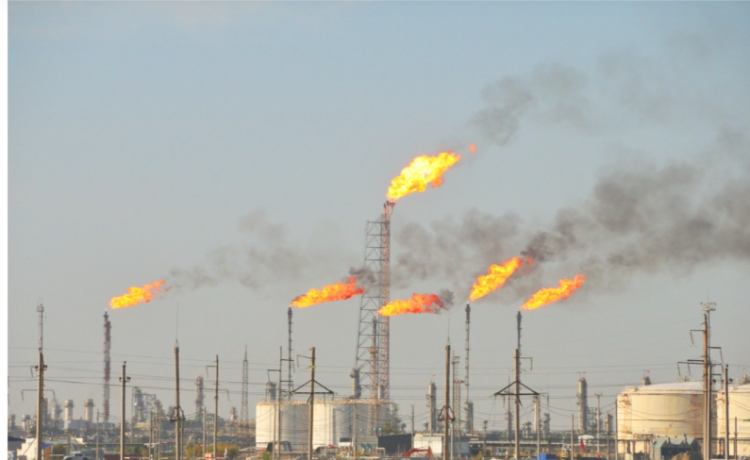Oil prices experienced a slight decline on Monday as investors weighed the potential impact of ceasefire talks aimed at resolving the ongoing Russia-Ukraine conflict, which could lead to an increase in Russian oil exports to global markets.
By 0409 GMT, Brent crude futures were down 25 cents, or 0.4%, at $71.91 a barrel, while U.S. West Texas Intermediate (WTI) crude fell by 20 cents, or 0.3%, to $68.08 a barrel.
Both crude benchmarks had settled higher on Friday, recording a second consecutive weekly gain, buoyed by fresh U.S. sanctions on Iran and expectations of tighter oil supply following the latest output plan from the OPEC+ producer group.
However, market sentiment turned cautious on Monday as news of ongoing ceasefire talks between Russia and Ukraine raised uncertainty regarding future Russian oil production.
A U.S. delegation is set to meet with Russian officials on Monday to discuss the possibility of a ceasefire in the Black Sea region and a broader cessation of violence in the war in Ukraine.
This follows recent discussions with Ukrainian diplomats aimed at exploring peace negotiations. Investors are keeping a close eye on these talks, as any progress could potentially lead to a reduction in sanctions on Russian oil and an increase in Russian crude exports to global markets.
Toshitaka Tazawa, an analyst at Fujitomi Securities, commented on the market’s response: “Expectations of progress in peace negotiations between Russia and Ukraine and a potential easing of U.S. sanctions on Russian oil pressured prices lower.”
Tazawa added that, despite the cautious optimism surrounding the ceasefire talks, investors are hesitant to take large positions in the oil market, as they continue to evaluate the future production trends of OPEC+ beyond April.
Despite the dip in oil prices on Monday, oil markets have been buoyed by ongoing concerns about supply tightness, particularly due to the latest actions taken by the U.S. and OPEC+ members.
Fresh U.S. sanctions on Iran have added to the uncertainty around global supply, and OPEC+’s planned output cuts have raised expectations of tighter supply in the coming months.
As investors digest the potential impact of peace talks and future OPEC+ decisions, the oil market remains in a state of flux, with significant risks weighing on price movements.
With the Russia-Ukraine conflict still ongoing and no immediate resolution in sight, oil markets are likely to remain volatile in the short term.
The outcome of the ceasefire talks will be crucial in determining the future direction of oil prices, particularly with regard to Russian oil exports.
Investors will also be closely monitoring OPEC+ decisions on production levels as they continue to assess the balance between supply and demand in the global oil market.







